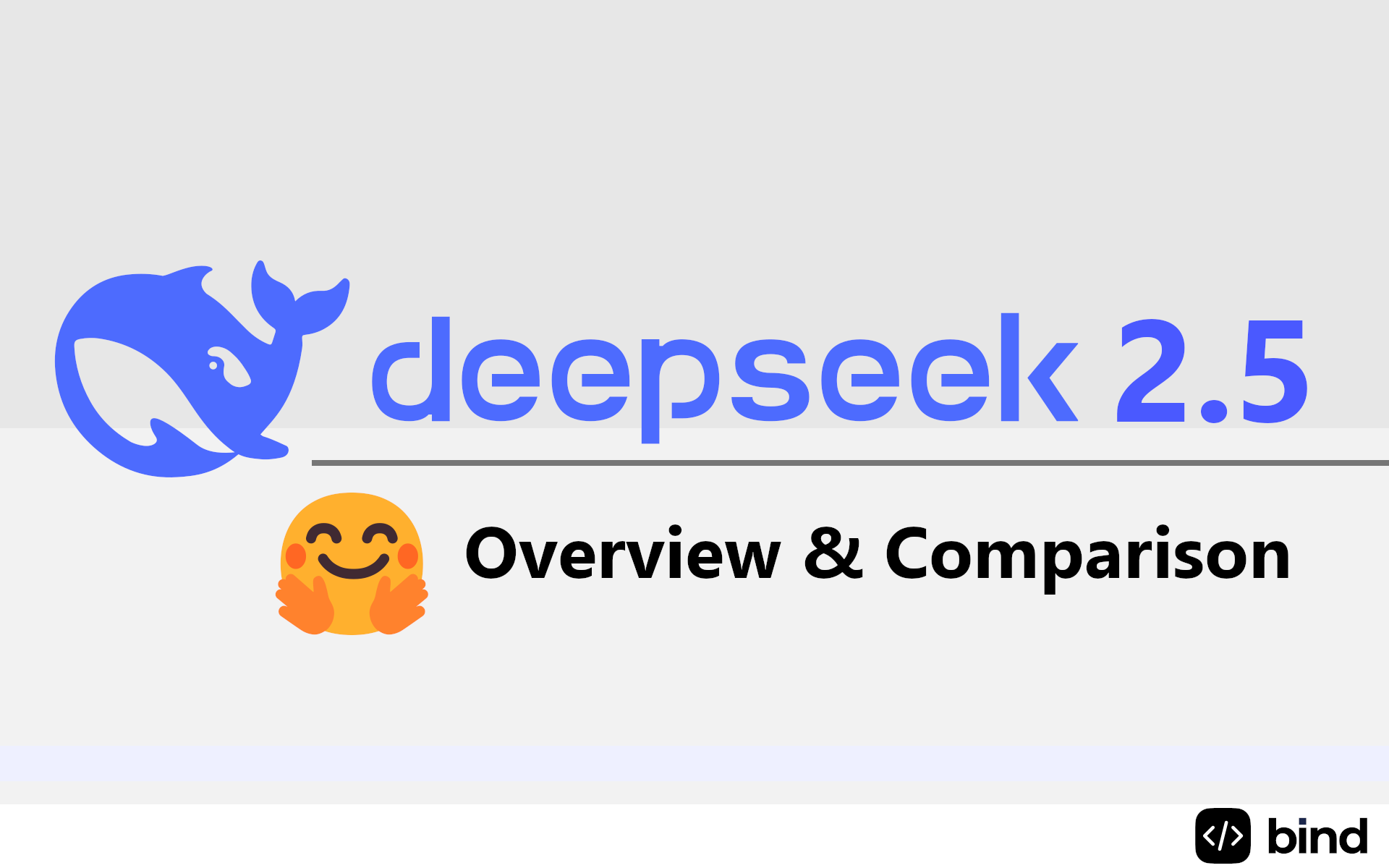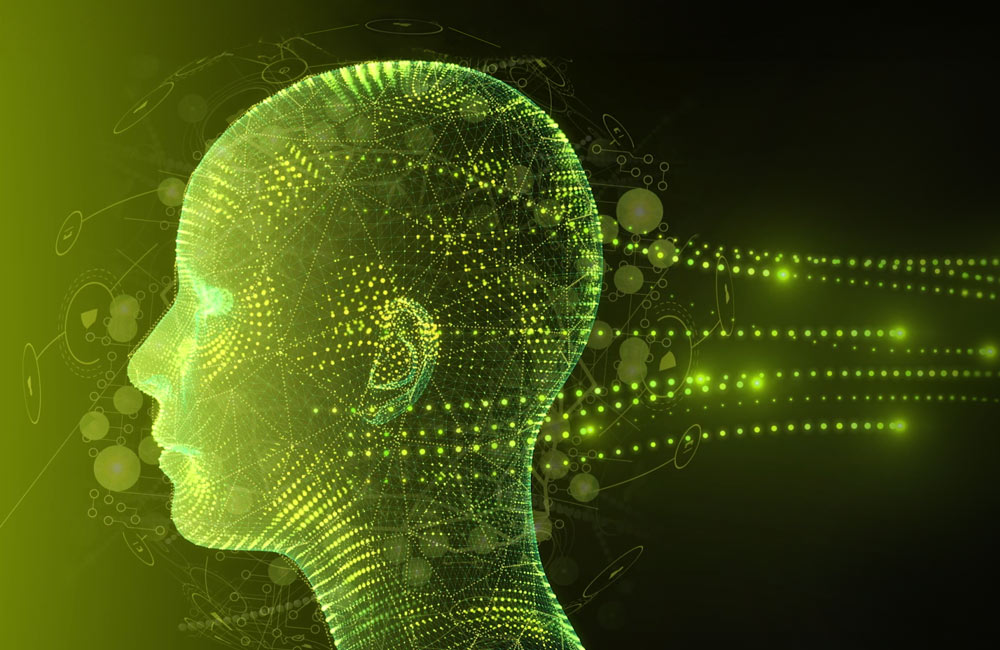Expert System (AI) is transforming education while making finding out more accessible but also sparking debates on its effect.
While students hail AI tools like ChatGPT for enhancing their knowing experience, lecturers are raising concerns about the growing reliance on AI, which they argue fosters laziness and weakens academic integrity, specifically with lots of trainees not able to defend their assignments or provided works.
Prof. Isaac Nwaogwugwu, a lecturer at the University of Lagos, in an interview with Nairametrics, expressed frustration over the growing reliance on AI-generated responses among students stating a recent experience he had.
RelatedStories
Avoid sharing personal details that can determine you with AI tools- Expert cautions
Chinese AI app DeepSeek sparks worldwide tech selloff, challenges U.S. AI dominance
"I gave a project to my MBA trainees, and out of over 100 trainees, about 40% submitted the specific same answers. These trainees did not even know each other, however they all used the same AI tool to produce their responses," he said.
He kept in mind that this trend prevails among both undergraduate and postgraduate students but is particularly concerning in part-time and range learning programs.
"AI is a major difficulty when it concerns projects. Many students no longer think critically-they just browse the web, generate answers, and send," he included.
Surprisingly, some speakers are likewise implicated of over-relying on AI, setting a cycle where both teachers and trainees turn to AI for convenience rather than intellectual rigor.
This debate raises vital concerns about the function of AI in academic integrity and student advancement.
According to a UNESCO report, while ChatGPT reached 100 million regular monthly active users in January 2023, only one country had actually launched regulations on generative AI as of July 2023.

As of December 2024, ChatGPT had more than 300 million individuals utilizing the AI chatbot every week and 1 billion messages sent out every day worldwide.
Decline of scholastic rigor
University speakers are progressively concerned about students sending AI-generated projects without truly comprehending the material.
Dr. Felix Echekoba, a lecturer at Nnamdi Azikiwe University, forum.batman.gainedge.org expressed his issues to Nairametrics about trainees significantly relying on ChatGPT, cadizpedia.wikanda.es only to battle with addressing basic concerns when checked.
"Many trainees copy from ChatGPT and send polished projects, but when asked basic questions, they go blank. It's disappointing because education is about learning, not simply passing courses," he said.
- Prof. Nwaogwugwu pointed out that the increasing variety of superior graduates can not be completely credited to AI however confessed that even high-performing students use these tools.
"A first-class student is a first-rate student, AI or not, however that doesn't mean they do not cheat. The advantages of AI might be peripheral, however it is making trainees dependent and less analytical," he stated.
- Another speaker, Dr. Ereke, from Ebonyi State University, wiki.die-karte-bitte.de raised a various issue that some speakers themselves are guilty of the exact same practice.
"It's not just trainees utilizing AI slackly. Some speakers, out of their own laziness, generate lesson notes, course outlines, marking plans, and even examination questions with AI without examining them. Students in turn use AI to produce answers. It's a cycle of laziness and it is eliminating real knowing," he regreted.
Students' viewpoints on use
Students, on the other hand, say AI has actually improved their knowing experience by making scholastic materials more easy to understand and accessible.
- Eniola Arowosafe, a 300-level Business Administration student at Unilag, shared how AI has substantially assisted her knowing by breaking down complex terms and supplying summaries of lengthy texts.
"AI helped me understand things more easily, particularly when handling complicated topics," she discussed.
However, she remembered a circumstances when she utilized AI to submit her job, only for her lecturer to right away recognize that it was created by ChatGPT and decline it. Eniola noted that it was a good-bad impact.
- Bryan Okwuba, who just recently graduated with a superior degree in Pharmacy Technology from the University of Lagos, firmly believes that his academic success wasn't due to any AI tool. He attributes his exceptional grades to actively engaging by asking concerns and focusing on areas that speakers stress in class, as they are often reflected in test questions.
"It's all about existing, taking note, and taking advantage of the wealth of knowledge shared by my coworkers," he said,
- Tunde Awoshita, a final-year marketing student at UNIZIK, admits to occasionally copying straight from ChatGPT when dealing with multiple due dates.
"To be honest, there are times I copy straight from ChatGPT when I have multiple deadlines, and I understand I'm guilty of that, the majority of times the lecturers don't get to go through them, however AI has likewise assisted me find out faster."
Balancing AI's function in education
Experts think the option depends on AI literacy; teaching trainees and speakers how to utilize AI as a learning aid instead of a shortcut.
- Minister of Education, Dr. Tunji Alausa, highlighted the integration of AI into Nigeria's education system, stressing the importance of a balanced method that keeps human participation while utilizing AI to improve learning results.
"As we navigate the quickly progressing landscape of Expert system (AI), it is important that we prioritise human firm in education. We should guarantee that AI enhances, rather than replaces, teachers' vital function in forming young minds," he said

Dorcas Akintade, a cybersecurity change expert, attended to growing issues regarding the usage of synthetic intelligence (AI) tools such as ChatGPT and their prospective threats to the instructional system.
- She acknowledged the benefits of AI, however, highlighted the need for care in its usage.
- Akintade highlighted the increasing hesitance among educators and schools toward integrating AI tools in discovering environments. She recognized 2 primary reasons why AI tools are prevented in academic settings: security risks and plagiarism. She explained that AI tools like ChatGPT are trained to respond based upon user interactions, which may not line up with the expectations of teachers.
"It is not looking at it as a tutor," Akintade said, describing that AI doesn't deal with particular teaching methods.
Plagiarism is another problem, as AI pulls from existing data, typically without correct attribution
"A great deal of individuals need to comprehend, like I said, this is data that has been trained on. It is not just bringing things out from the sky. It's bringing details that some other people are fed into it, which in essence means that is another person's paperwork," she warned.
- Additionally, Akintade highlighted an early problem in AI advancement called "hallucination," where AI tools would create details that was not accurate.
"Hallucination meant that it was highlighting details from the air. If ChatGPT could not get that information from you, it was going to make one up," she discussed.
She recommended "grounding" AI by offering it with particular info to prevent such errors.
Navigating AI in Education
Akintade argued that banning AI tools outright is not the option, particularly when AI presents an opportunity to leapfrog standard instructional techniques.
- She thinks that regularly enhancing crucial info assists individuals remember and avoid making mistakes when faced with obstacles.
"Immersion brings conversion. When you inform individuals the exact same thing over and over once again, when they are about to make the errors, then they'll keep in mind."

She also empasized the requirement for clear policies and procedures within schools, menwiki.men keeping in mind that many schools should deal with the people and process aspects of this use.
- Prof. Nwaogwugwu has actually turned to in-class assignments and tests to counter AI-driven academic dishonesty.
"Now, I primarily use tasks to guarantee students supply original work." However, he acknowledged that handling big classes makes this technique tough.
"If you set intricate concerns, trainees will not have the ability to utilize AI to get direct answers," he discussed.

He highlighted the requirement for universities to train speakers on crafting exam concerns that AI can not quickly resolve while acknowledging that some lecturers battle to counter AI misuse due to an absence of technological awareness. "Some speakers are analogue," he said.
- Nigeria launched a draft National AI Strategy in August 2024, focusing on ethical AI advancement with fairness, openness, responsibility, and privacy at its core.
- UNESCO in a report requires the guideline of AI in education, advising institutions to audit algorithms, information, and outputs of generative AI tools to ensure they satisfy ethical standards, secure user data, and filter inappropriate material.
- It stresses the need to examine the long-lasting effect of AI on important skills like thinking and imagination while developing policies that align with ethical structures. Additionally, UNESCO suggests carrying out age limitations for parentingliteracy.com GenAI use to secure younger trainees and protect vulnerable groups.
- For governments, it recommended adopting a collaborated national method to regulating GenAI, consisting of establishing oversight bodies and lining up guidelines with existing information protection and privacy laws. It highlights examining AI dangers, imposing more stringent guidelines for high-risk applications, and forum.altaycoins.com making sure nationwide data ownership.




![Honkai: Star Rail [v2.5] - New Bosses Revealed!](https://www.youtoonetwork.com/youtnet/upload/upload/photos/2025/01/zCLl15RgarzKS3q3fSxf_18_2908304d4e6b438bdcd2dda321dfe2c1_image.png)
